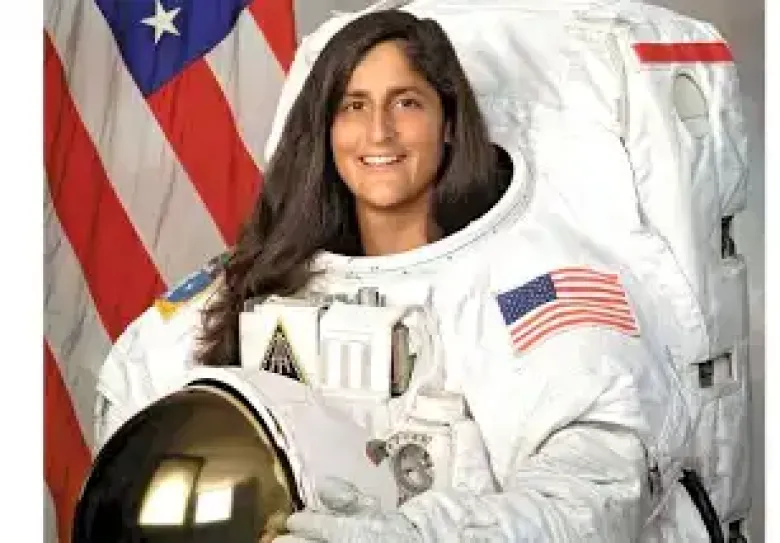NASA astronaut and Expedition 72 Commander Sunita Williams is spearheading innovative research to enhance space sustainability. Williams activated the Astrobee, a free-flying robotic system equipped with tentacle-like arms and gecko-inspired adhesive pads, to demonstrate its potential in space operations. The demonstration involved monitoring the Astrobee as it performed docking maneuvers, showcasing its capability for capturing orbital debris and servicing satellites in space.
Designed for the microgravity environment of the International Space Station (ISS), the Astrobee can navigate autonomously, offering a revolutionary solution for satellite maintenance. Its adhesive technology could enable non-invasive repairs, extend satellite lifespans, and help tackle the growing problem of space debris, which increasingly threatens operational satellites and astronauts aboard the ISS.
Alongside her work with the Astrobee, Williams is also conducting experiments with red romaine lettuce in the Advanced Plant Habitat, testing various moisture levels to optimize crop growth in space. This research is crucial for developing sustainable food sources for long-duration space missions.
The Expedition 72 crew is also preparing for an upcoming spacewalk while continuing critical maintenance on the ISS. Williams' focus on both robotics and agriculture underscores NASA's dedication to addressing both technological and life-support challenges in human space exploration. As the agency advances its capabilities in these areas, it is working toward a safer and more sustainable future for astronauts and satellites.




